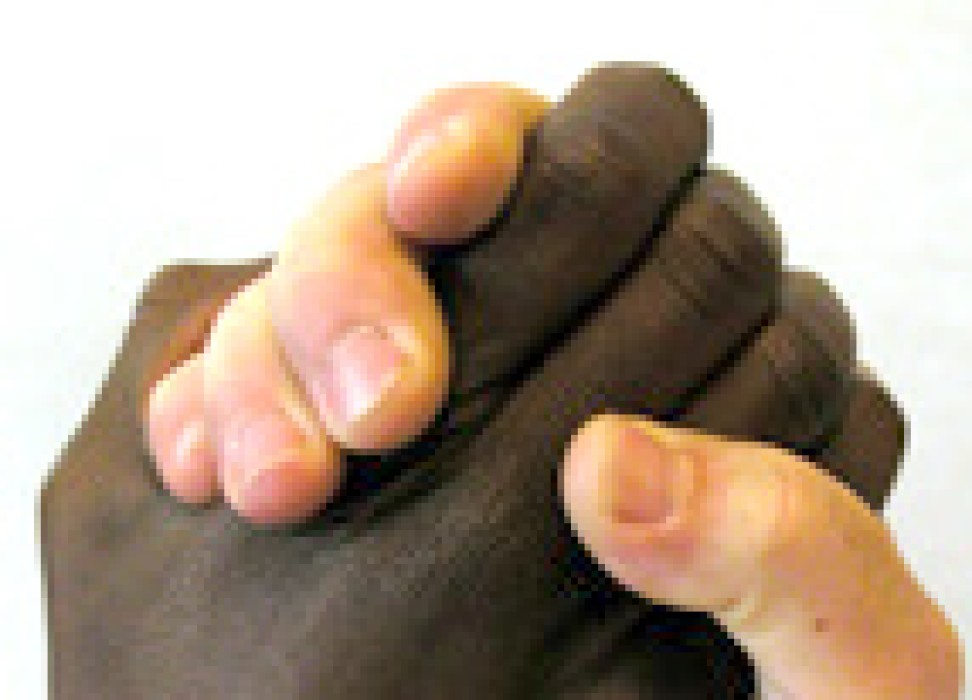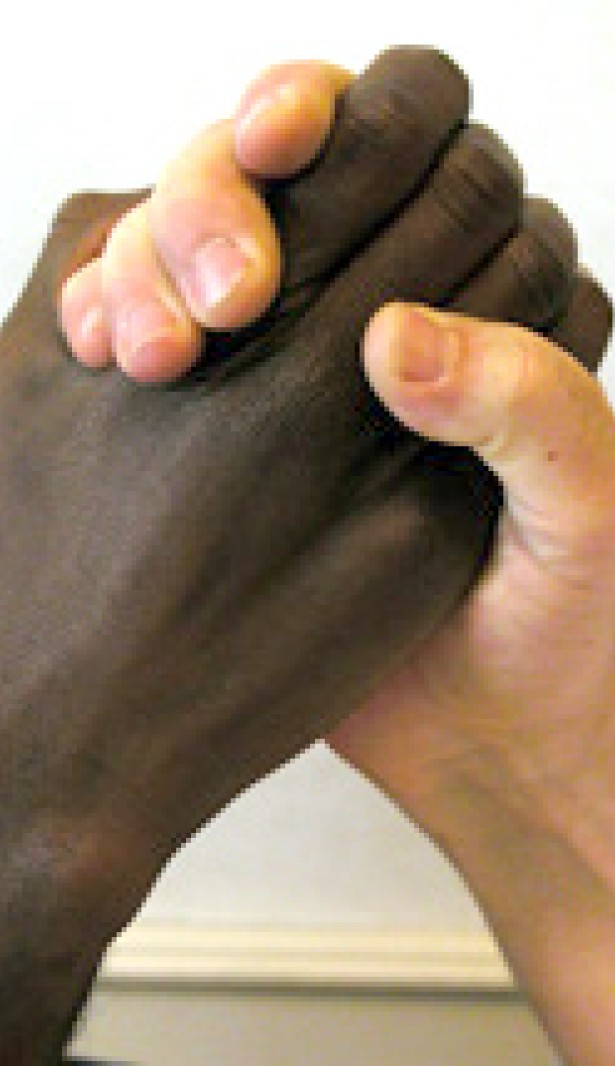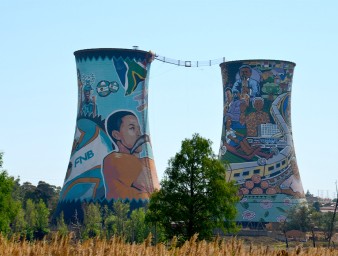Tolerance and reconciliation are key to a just and equitable society
28 September 2011

“To a greater or lesser extent, all countries still battle with intolerance towards those perceived to be different and it is incumbent upon all of us to combat this attitude,” said UN Deputy High Commissioner for Human Rights, Kyung-wha Kang in her address to the UN Human Rights Council.
“Fortunately, every so often throughout history,” she said “an individual emerges whose strength of character and personal commitment to equality and justice serve as a powerful inspiration to all of us and remind us that one person can make a difference. Nelson Mandela is such a man.”
Drawing inspiration from the example of Mandela for promoting and protecting human rights without distinction as to race, colour or national or ethnic origin, the Council reflected on current human rights situations worldwide with regard to racism, racial discrimination, xenophobia and related intolerance.
Mandela devoted his life to the service of humanity – as a human rights lawyer, a prisoner of conscience, an international peacemaker and the first democratically elected president of a free South Africa.
At the request of the Council, the UN Human Rights Office organized a panel discussion on the promotion and protection of human rights through tolerance and reconciliation.
Kang said that there is still much to be done to rid the world of the scourges of racism, racial discrimination, xenophobia and intolerance. “We should keep in mind the importance of tolerance and reconciliation as essential ingredients of a just and equitable society,” she added.
The panel provided examples of how the values of tolerance and reconciliation have been used by individuals to promote human rights and achieve transformative change in the societies in which they live.
Hieu Van Le, Lieutenant Governor of South Australia reflected on Australia’s multiculturalism and recounted the day he migrated to Australia in the aftermath of the Vietnam War. “I came by a small flimsy fishing boat and spent nearly a month in the open sea, searching for a safe and peaceful place to live,” he said. He stressed that Australia’s multiculturalism is one of its greatest assets. “It is because we have provided the right conditions for diversity to exist, and for multiculturalism to thrive,” he stressed.
In his address, Mamadou Gnenema Coulibaly, Minister of Human Rights and Public Liberties in Côte d’Ivoire, spoke about the recent establishment of the Truth, Reconciliation and Dialogue Commission in the country, aimed at building unity after the violence that followed last year’s elections. He said that truth finding is the major condition for the creation of a climate of harmony and trust in which reconciliation and peace can prosper.
Maya Sahli, Member of the Working Group of Experts on People of African Descent spoke about the relationship between the complementary concepts of tolerance and reconciliation, both at the national and the international levels.
In her opening remarks, Deputy High Commissioner Kang said that during 27 years of imprisonment, Mandela “did not allow bitterness and resentfulness to poison his heart and cloud his mind.” “He steadfastly refused to succumb to acrimony and showed us that human rights can be promoted and protected through tolerance and reconciliation,” she added.
And she concluded with a quote from Mandela’s autobiography ““Long Walk to Freedom”: "No one is born hating another person because of the colour of his skin, or his background, or his religion. People must learn to hate, and if they can learn to hate, they can be taught to love, for love comes more naturally to the human heart than its opposite."
28 September 2011
10th Anniversary of the Durban Declaration and Programme of Action
Committee on the Elimination of Racial Discrimination
Group of Independent Eminent Experts
Special Rapporteur on contemporary forms of racism
Working Group of Experts on People of African Descent
Working Group on the effective implementation of the Durban Declaration and Programme of Action

VIEW THIS PAGE IN:



